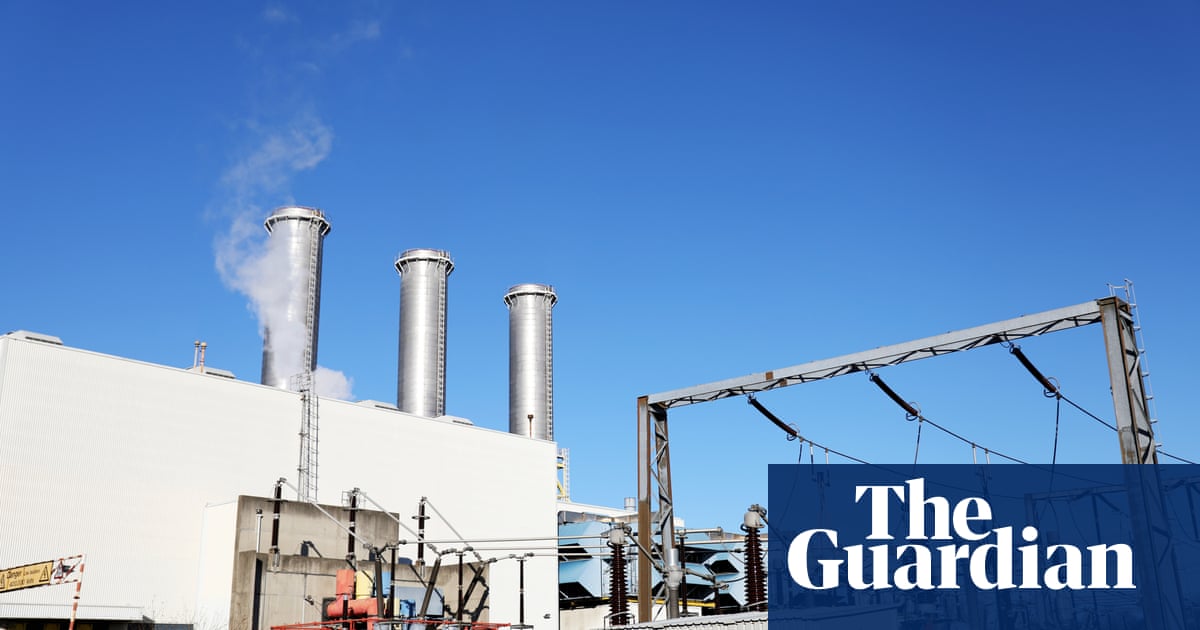Trainbike46
Established Member
On top of the point John R makes regarding the climate and biodiversity impacts of using woodlands of high biodiversity value, that they aren't supposed to be using but have been caught using multiple times, there are a lot of ifs hanging on your statement:As I understand it, new growth timber absorbs CO2 faster than mature trees. Properly managed with replanting, there should be a net zero increase in atmospheric CO2 levels in the medium term. Isn't that the whole basis of burning wood?
- There needs to be replanting and/or natural generation to reabsorb the CO2 - obvious point, but doesn't always happend
- It takes a long time to reabsorb all the CO2 released - raises CO2 levels over the next 50-100 years
- The replanted/regenerated forest needs to actually survive; as young forests are much more susceptible to drought, this isn't a given
Overall, I think it is good that Drax is going to be running a lot less, hopefully as part of a full phaseout of biomass

